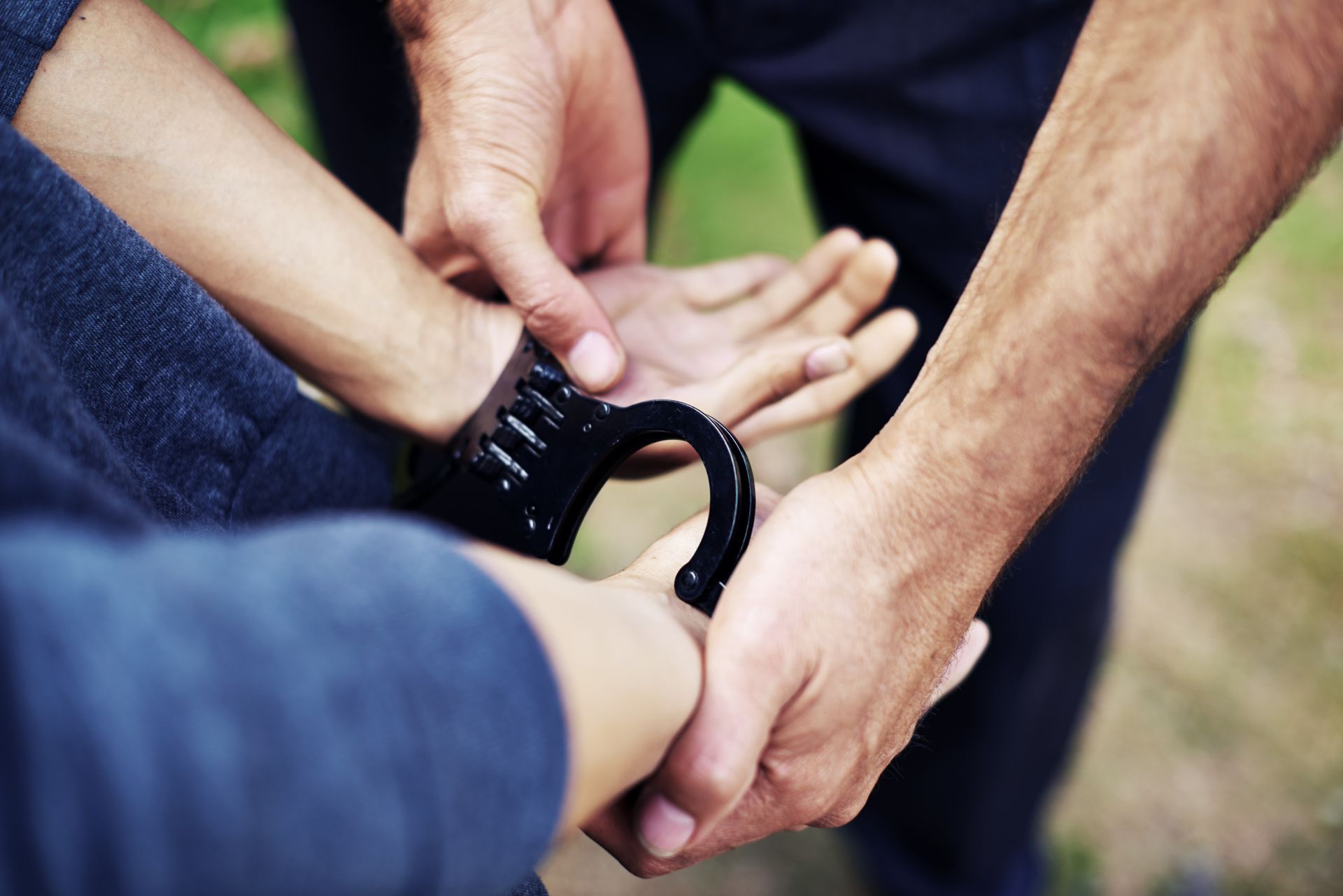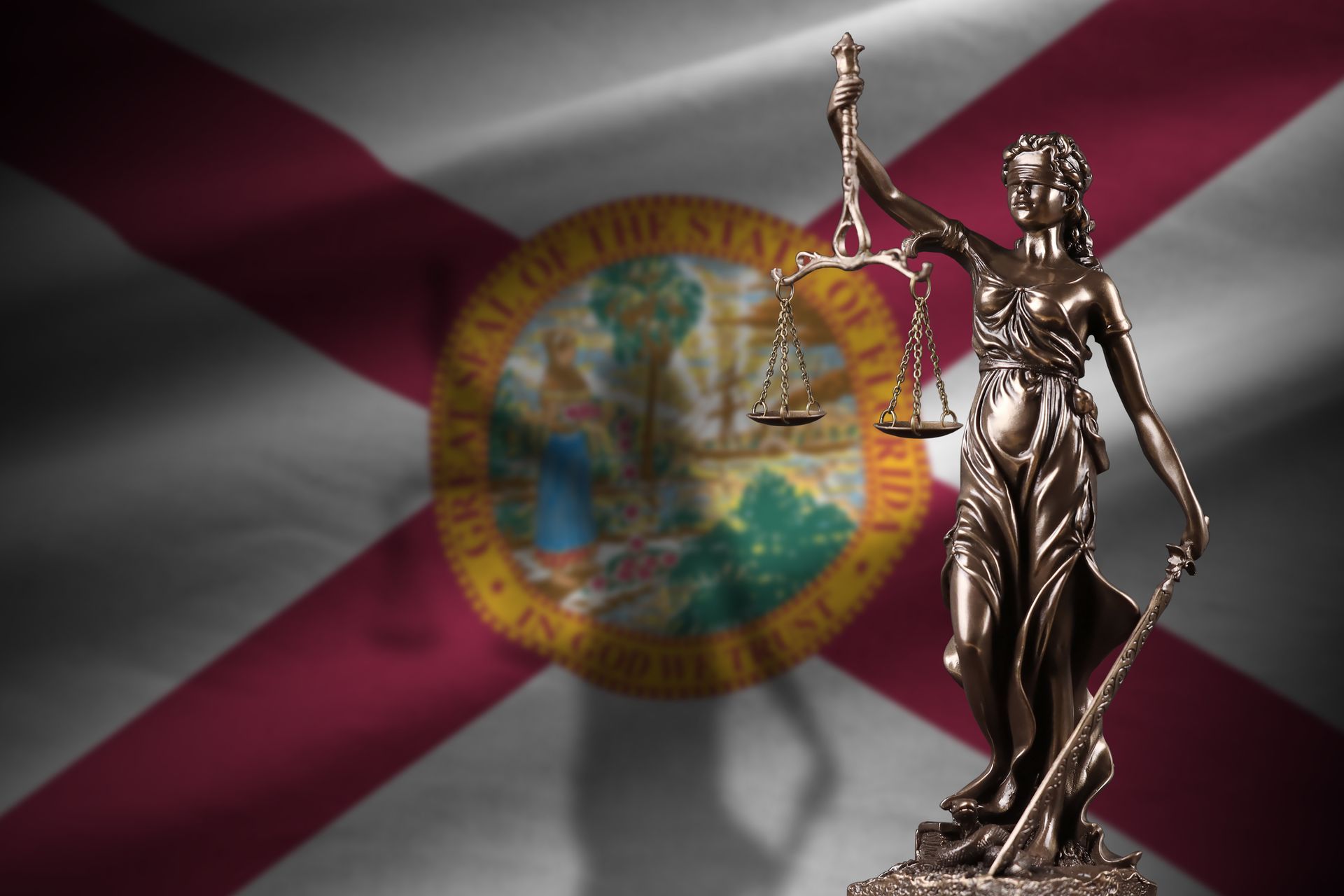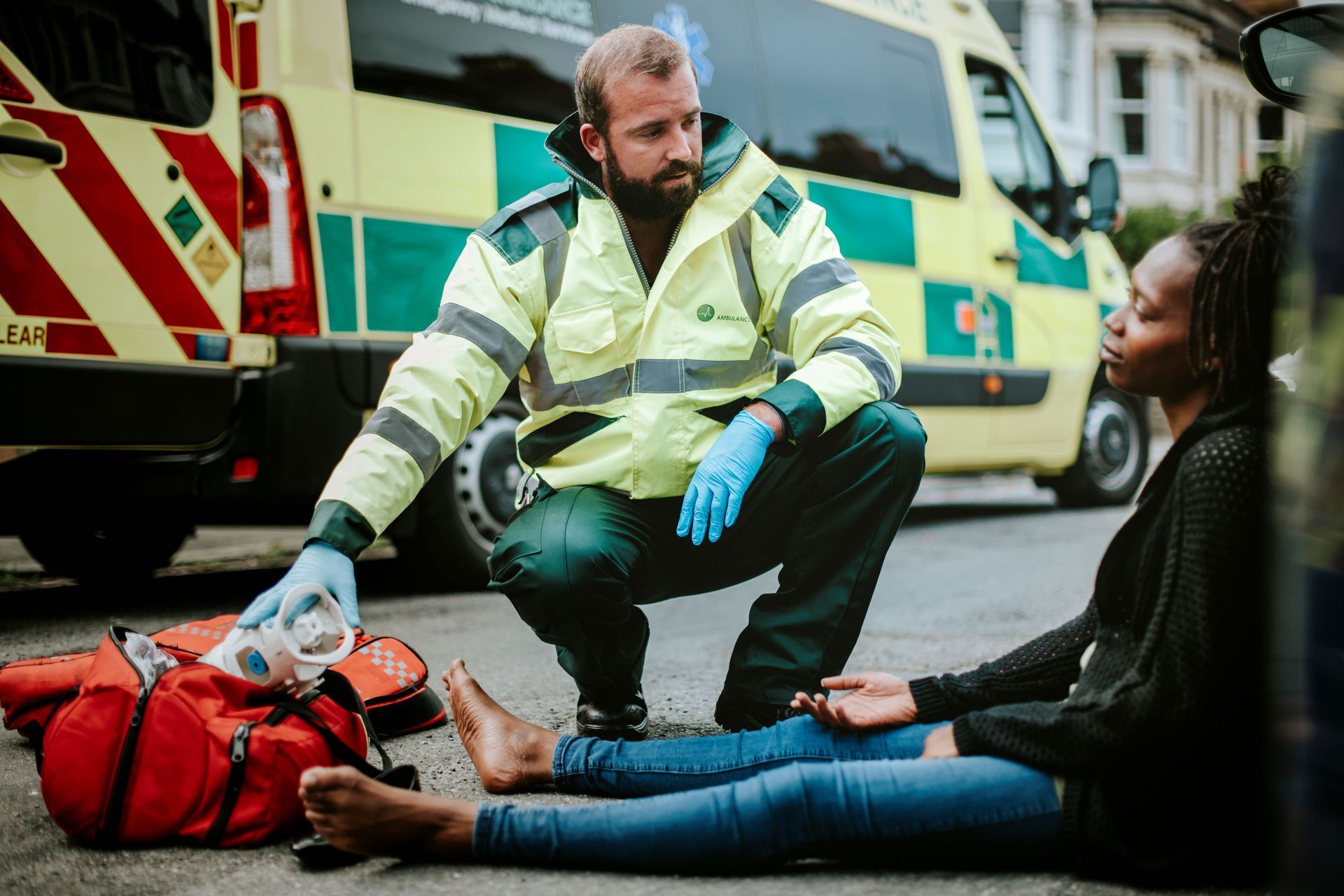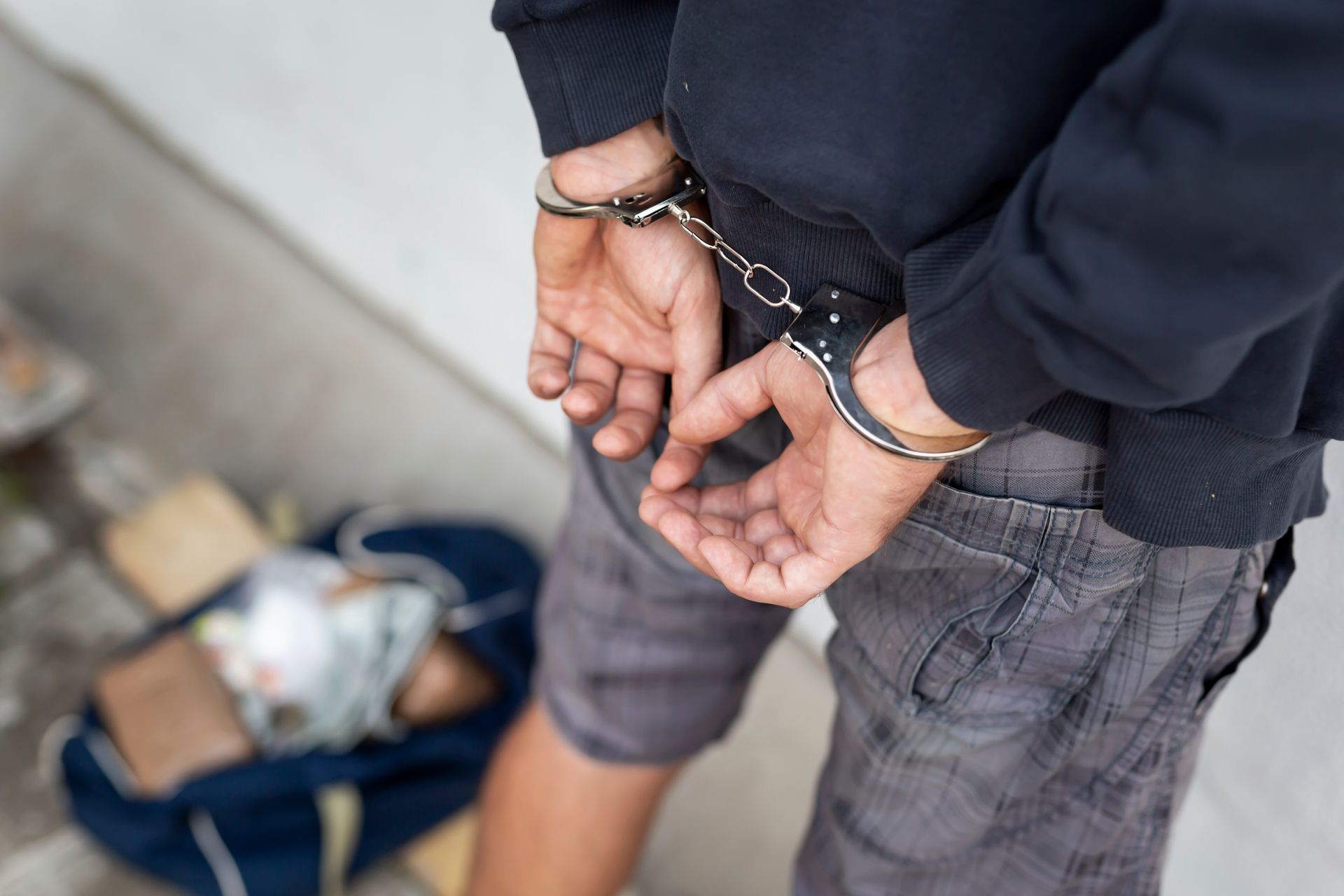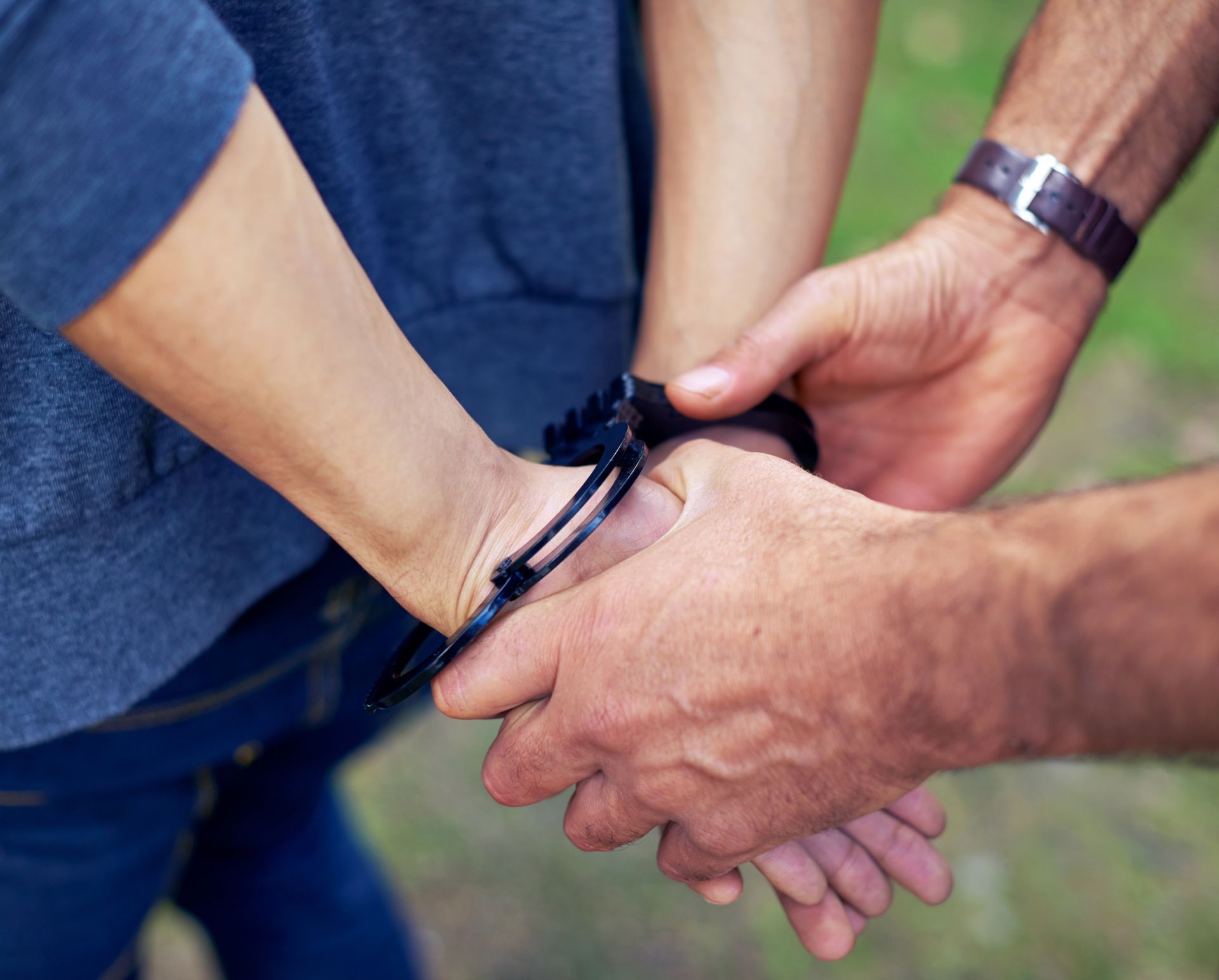Call Today - Available 24/7
What are the Legal and Ethical Implications of Cocaine Trafficking Charges?
Cocaine trafficking charges have serious legal and ethical implications that extend far beyond the individual involved. In this blog, we will explore the complex web of consequences that arise from engaging in such illicit activities. From the harsh penalties imposed by the law to the moral considerations surrounding drug trafficking, it is evident that these offenses have a profound impact on society as a whole. By examining both the legal framework and ethical dilemmas associated with cocaine trafficking charges, we hope to shed light on this pressing issue and provoke thoughtful reflection on how best to address it.
Understanding Cocaine Trafficking Penalties
Severity of Punishment: Cocaine trafficking is a serious offense that can lead to severe penalties, including lengthy prison sentences and hefty fines.
Federal vs. State Laws: It's important to note that cocaine trafficking can be prosecuted under both federal and state laws, each carrying its own set of penalties.
Mandatory Minimum Sentences: In many cases, individuals convicted of cocaine trafficking may face mandatory minimum sentences that leave little room for judicial discretion.
Understanding the legal framework surrounding cocaine trafficking charges is crucial in order to navigate through the complexities of the justice system. Being aware of the severity of punishment, differences between federal and state laws, and the existence of mandatory minimum sentences can help individuals make informed decisions when facing such charges. It's essential to seek legal counsel from experienced professionals who can provide guidance and support throughout the legal process.
How is Cocaine Trafficking Defined in the Eyes of the Law?
Cocaine trafficking refers to the illegal distribution, sale, transportation, or possession of cocaine with the intent to sell or distribute. This criminal activity is taken very seriously by law enforcement agencies and can result in severe legal consequences for those involved.
Elements of Cocaine Trafficking
Distribution: Involves selling cocaine to others.
Transportation: Moving large quantities of cocaine from one location to another.
Possession with Intent to Sell: Having a significant amount of cocaine in one's possession along with evidence suggesting it was intended for distribution.
Legal Ramifications
Those found guilty of cocaine trafficking may face lengthy prison sentences, hefty fines, and permanent criminal records that can impact their future opportunities and reputation in society. It is crucial for individuals facing these charges to seek experienced legal representation immediately.
Consequences of Cocaine Trafficking: A Closer Look at the Impact
Severe Penalties
Individuals convicted of cocaine trafficking face severe legal consequences, including lengthy prison sentences and hefty fines.
The impact extends beyond the individual to their families, who may suffer emotional and financial burdens as a result of their loved one's criminal activities.
For society at large, the prevalence of cocaine trafficking contributes to increased crime rates and drug addiction, straining resources for law enforcement and healthcare services.
Ethical Concerns
Cocaine trafficking fuels violence in communities where the drug trade thrives, leading to bloodshed and fear among residents.
Traffickers often exploit vulnerable populations, such as impoverished individuals or those struggling with addiction, perpetuating cycles of harm.
The ethical implications extend to issues of social justice, equity, and human rights violations in countries affected by the production and distribution of cocaine.
Defenses Against Cocaine Trafficking Charges: Strategies for Legal Protection
Defenses Against Cocaine Trafficking Charges
Lack of knowledge or intent: One possible defense is to argue that the accused had no knowledge of the presence of cocaine or any
intention to traffic it. This can be challenging to prove but may be a viable strategy if there is limited evidence connecting the individual to the crime.
Unlawful search and seizure: If law enforcement officials obtained evidence through an illegal search or seizure, it may be inadmissible in court. A successful challenge on these grounds could lead to key pieces of evidence being excluded from trial, weakening the prosecution's case.
Entrapment: Another potential defense is entrapment, where law enforcement coerces or induces someone into committing a crime they would not have otherwise committed. Establishing entrapment as a defense requires showing that authorities played an active role in persuading or pressuring the defendant into trafficking cocaine.
Contact Hanlon Law for Cocaine Trafficking Defense in Orlando, FL
If you're facing charges related to cocaine trafficking in Orlando, FL, it is crucial to have an experienced defense attorney on your side. Hanlon Law is a trusted legal firm with extensive experience handling drug-related cases, including serious offenses like cocaine trafficking. Our team understands the complexities of Florida's drug laws and the severe penalties associated with these charges. Hanlon Law works diligently to protect your rights, challenge the evidence against you, and provide a robust defense tailored to your unique case. Contact us to ensure you have a dedicated advocate fighting for the best possible outcome.
Hanlon Law
300 S Orange Ave Ste 1160
Orlando, FL 32801
(407) 987-3836
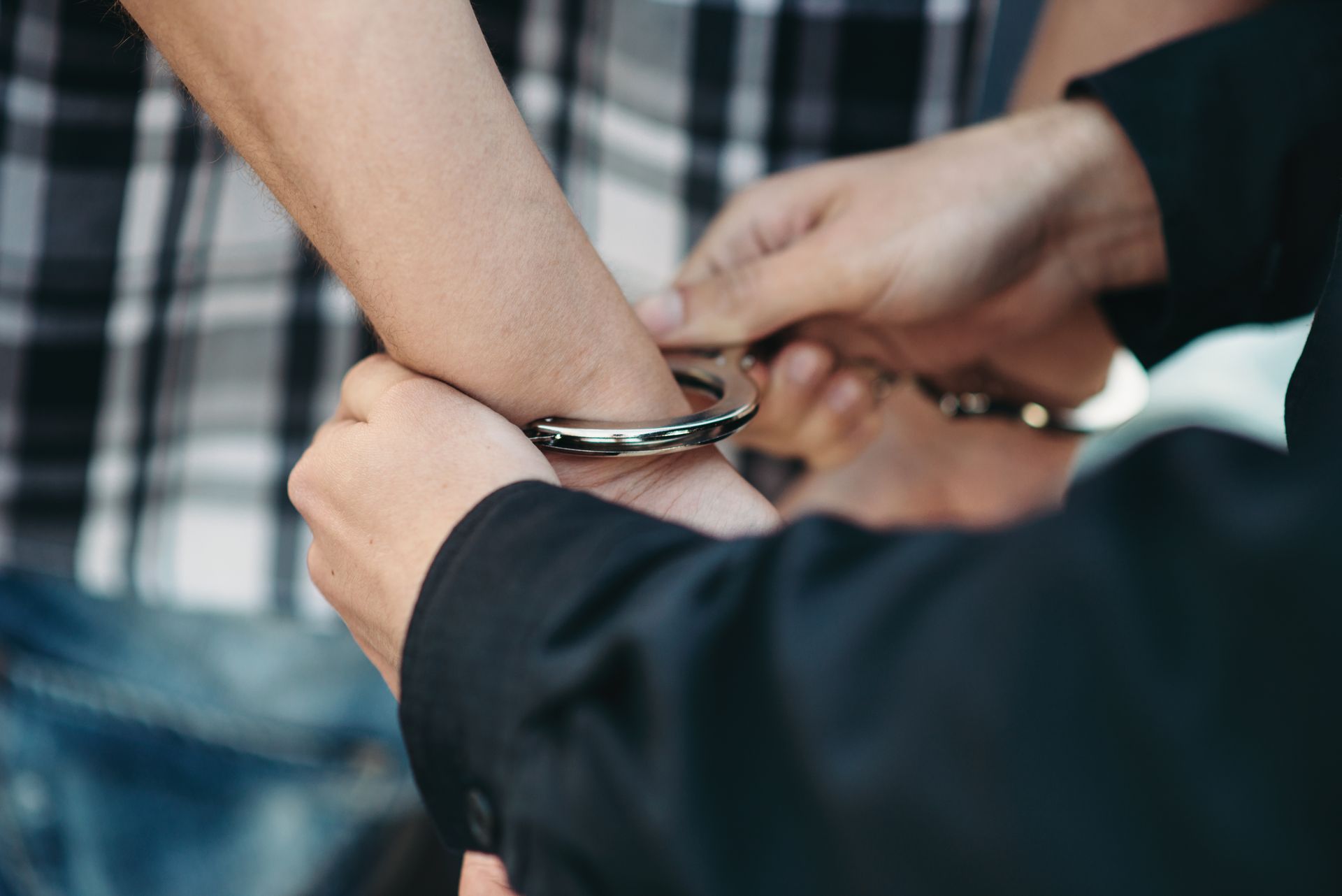
We serve clients throughout Florida including those in the following localities: Hernando County including Spring Hill; Hillsborough County including Brandon, Riverview, and Tampa; Pinellas County including Clearwater, Largo, Palm Harbor, Pinellas Park, Seminole, and St. Petersburg; and Pasco County including Dade City, Hudson, and New Port Richey.
Clearwater Criminal Defense Lawyer Hanlon Law Website
St. Petersburg Criminal Lawyer Hanlon Law Website
Sarasota Criminal Defense Lawyer Hanlon Law Website
Bradenton Criminal Defense Lawyer Hanlon Law Website
Florida Expungement Lawyer Hanlon Law Website
Tampa Criminal Defense Lawyer Hanlon Law Website
This site is protected by reCAPTCHA and the Google Privacy Policy and Terms of Service apply.
Please do not include any confidential or sensitive information in a contact form, text message, or voicemail. The contact form sends information by non-encrypted email, which is not secure. Submitting a contact form, sending a text message, making a phone call, or leaving a voicemail does not create an attorney-client relationship.
All Rights Reserved | Hanlon Law

